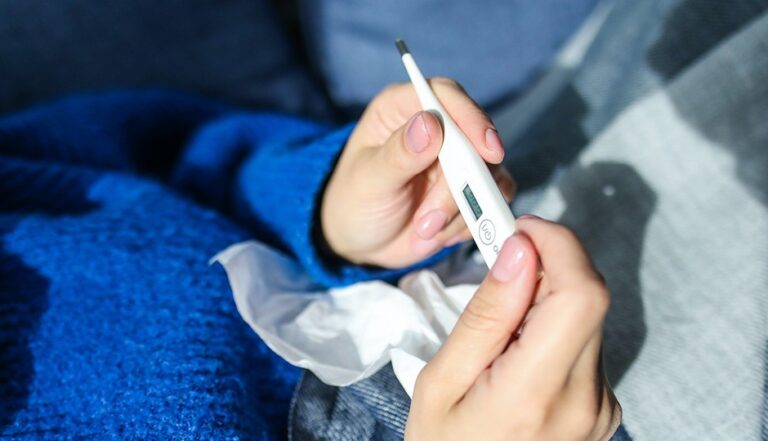A fever is a body temperature above normal. It usually means that there is an abnormal process going on in your body. Exercise, hot weather, and regular childhood vaccinations can also cause an increase in body temperature.
WHAT CAUSES FEVER?
Fever itself is not an illness. Rather, it is a symptom that something is wrong with the body. A fever alone doesn’t tell you what’s causing it, or even that a disease exists. It could be an infection caused by bacteria or viruses. Or it could be an allergic reaction to food or drugs. Playing and overheating in the sun can also lead to fever.

WHAT ARE THE SYMPTOMS OF FEVER?
A normal body temperature is between 36.4°C and 37.2°C (97.5°F and 98.9°F). Low during the morning hours and high in the evening. Most healthcare providers assume a fever is 100.4°F (38°C) or higher. A high fever can cause seizures and confusion in children. It’s not the temperature that matters, but how quickly the temperature rises to trigger the attack.
Fever has symptoms other than an above-average body temperature. These are especially important when caring for babies, small children, and the disabled. These groups may not be able to express their emotions. Signs that indicate a fever are :
- Vomiting
- Headache
- Aching all over
- Nausea
- Flushed face
- Hot, dry skin
- Low output of urine, or dark urine
- Not interested in eating
- Constipation or diarrhea
HOW IS FEVER DIAGNOSED?
The best way to diagnose fever is to check your temperature with the help of a thermometer. The different types of thermometers available are :
- Digital thermometer (mouth, rectal, or armpit)
- Tympanic (ear) thermometer (not recommended for babies under 6 months)
- Temporal artery (forehead temperature measurement)
In children under 3 years of age, rectal temperature measurement is the most accurate method. For older children and adults, take the temperature under the armpit or by mouth. Talk to your doctor about the best way to take your temperature.
Most thermometers today are digital, but there are still some thermometers made of glass that contain mercury. Mercury is a toxic substance and dangerous to humans and the environment. Glass thermometers can break easily and need to be disposed of properly in accordance with local, state, and federal laws. Contact your local health department, waste disposal agency, or fire department for information on how to safely dispose of a mercury thermometer.

HOW IS A FEVER TREATED?
Fever can be treated with acetaminophen or ibuprofen in doses recommended by your doctor. Switching between paracetamol and ibuprofen administration can lead to treatment errors and side effects. Do not give aspirin to children or young adults who have a fever.
A lukewarm bath can lower the fever. Massage with alcohol is no longer recommended.
Remember to call the doctor if the fever makes you uncomfortable, and at any time if your temperature rises rapidly or persists despite treatment.
If you are suffering from a fever in Texas visit Specialty Care Clinics. We provide quality treatment for fever, and our primary care specialists are well-experienced in managing fever, call us now.
